- Scaffolding work (as defined in the regulations)
- Dogging and rigging work
- Operating certain types of cranes and hoists
- Operating a forklift truck
- Operating a reach stacker
- Operating a boom-type elevating work platform with a boom length of over 11 metres
- Operating a boiler, steam turbine or reciprocating steam engine
|
PCBU duties |
Worker duties |
|---|---|
|
You must ensure workers have a valid and current high risk work licence relevant for the high-risk work undertaken. You must also ensure the provision of any other information, training, instruction or supervision necessary to protect people from WHS risks. |
Your PCBU has a duty to keep you and your workplace safe from WHS risks. You must:
You also have a duty to take reasonable care of your own health and safety and that of others in the workplace including ensuring your acts and omissions don’t adversely affect others health and safety. Comply with any reasonable instructions, policies and procedure given by your PCBU at the workplace, so far as is reasonably able to. |
Getting a high-risk work licence
Registered training organisations (RTOs) train and assess people for high-risk work licences. Visit training.gov.au for RTOs that are approved to deliver nationally recognised training.
Safe Work Australia is the national policy body for WHS. Safe Work Australia is not a regulator and does not issue licences. Your local WHS regulator has advice and information relevant to your jurisdiction, including information on obtaining a licence, replacement and renewal.
For more information
- High risk work licensing for dogging - Information sheet
- High risk work licensing for vehicle loading cranes - Information sheet
- Safe Work Australia webpage - High risk work licenses

